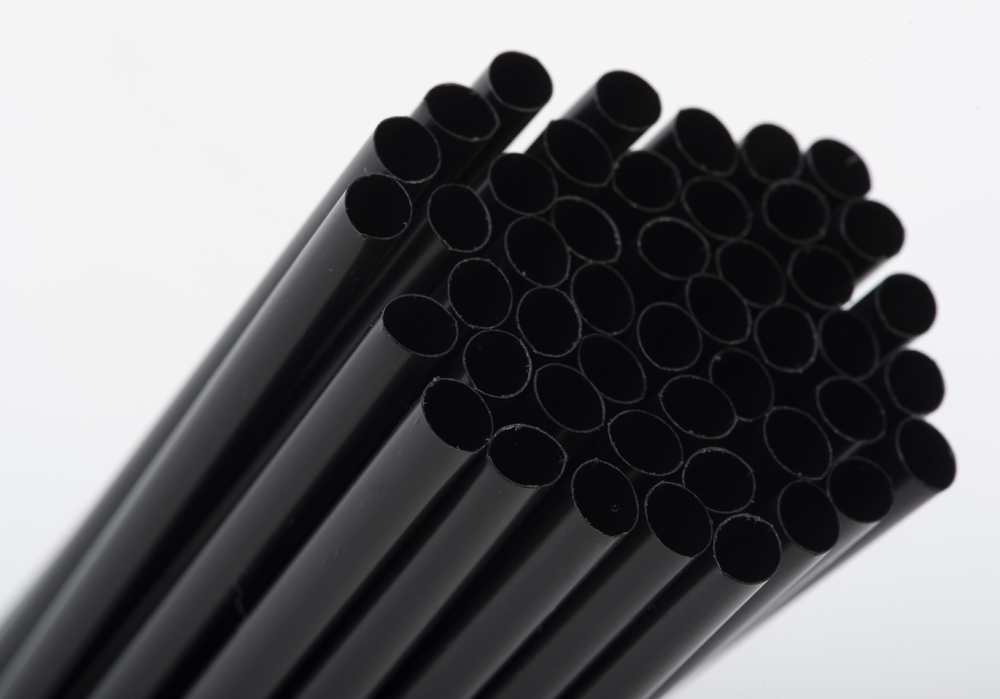The quickest way to compost biodegradable plastic is to heat them at a high temperature, just enough to allow microbes to break down. However, placing biodegradable plastics into your backyard for composting takes a while to break down. It would take years for them to disintegrate completely.
On the other hand, compostable plastics have a different story. What other people aren’t aware of is that ‘biodegradable plastics’ are different from ‘compostable plastics.’ If you have ever heard of compostable plastics and have used them once, you would better be enlightened how these plastics are more beneficial in three ways: the way they are processed, their impact to the environment and usefulness even in disposal.
Before we try to understand the concept of compostable, let us know first the difference between biodegradable and compostable plastics.
Biodegradable Plastic Vs. Compostable Plastic
Sometimes it is confusing to accept that biodegradable is different from compostable. But these are two separate things.
Biodegradable plastics break down naturally longer than compostables. Because biodegradable plastics are petroleum-based, they leave toxic residues behind. These toxins obviously are harmful to the environment—land, water and air.
Compostables, on the other hand, are organic and plant based, so they break down quickly but under specific conditions. They are perfect as mulch, making the soil more conducive for plant production.
Compostable plastics need less carbon when made, reducing the amount of waste they leave behind, freeing our landfill of space and providing the soil more nutrients when they break down.
Major benefits of compostable plastics are:
- Less dependence on fossil fuels
- Less carbon emission and landfill waste
- Reduces greenhouse gas effect
Four Easy Steps on Composting Compostable Plastics
1. Think Before You Dispose
Ask first: can this item be reused? Ask yourself if this item is actually at the end of its life or can have another use. Maybe your compostable plastic shipping mailer could be reused to send a package out to a friend.
If you are sure you cannot reuse it anymore—then follow along to step two.
2. Read Product Label for Disposal Suggestions
Some products come with instructions on how to compost the compostable plastic. Don’t immediately chuck it in your home compost bin. In some cases, it should be processed to an industrial compost facility.
3. Determine if the Local Industrial Compost Centre in Your Area Accepts Compostable Plastic
It is better if your city provides an appropriate facility that can break down these kinds of wastes into organic matter.
A Quick Look at the Benefits of Compostable Plastics
Compostable biodegradable plastic offers the following benefits:
- They are made with plants instead of fossil fuel.
- They use less energy, water and other natural resources during production.
- They have the potential for using otherwise useless or excess plant material that might go to waste.
- If they end up in landfills, these materials are environmentally friendly and biodegrade much faster than traditional plastic.
Frequently Asked Questions About Compostable Plastics
Q: Can You Put Compostable Plastic in Compost?
In many cases, the label will indicate whether or not a product should be composted at home. You must follow the manufacturer’s guidelines for proper disposal.
The label ‘compostable’ means that they must be sent to an industrial or commercial facility, which will have higher temperatures and breakdown settings.
Q: Do Compostable Biodegradable Plastic Break Down in Home Compost Bins?
Yes, if the condition is controlled. Unfortunately, such a condition can only be found in industrial composting sites. Therefore, your home is not a suitable place to break down compostable plastics.
Q: What Is the Best Way to Compost Compostable Plastics?
Commercial composting plants are the optimal environment for safely and quickly transforming these plastics into stable, sanitised products. Contained within these facilities are controlled conditions, such as temperature, humidity and aeration, that allow this process to occur with minimal environmental risk.
Bonnie Bio: Sustainable Compostable Packaging in Australia
It’s time to shift our focus from conventional plastics to compostable ones to help the environment and our natural resources sustain life. And switching to an eco-friendly alternative is a great way to do this.
Made from 100% compostable materials, our Bonnie Bio products can help you reduce your home’s carbon footprint. They break down in a natural environment and can be recycled without harm to nature or wildlife.
Check our compostable plastic products and start caring for animal and human life now.

